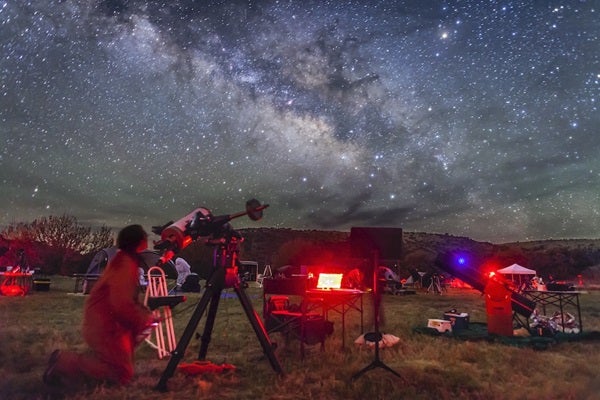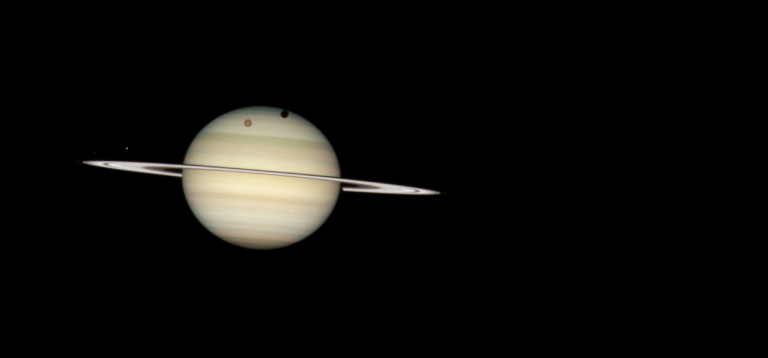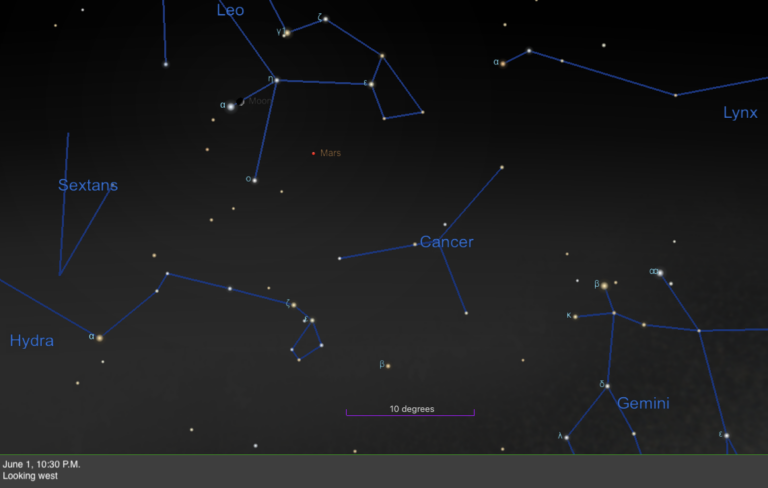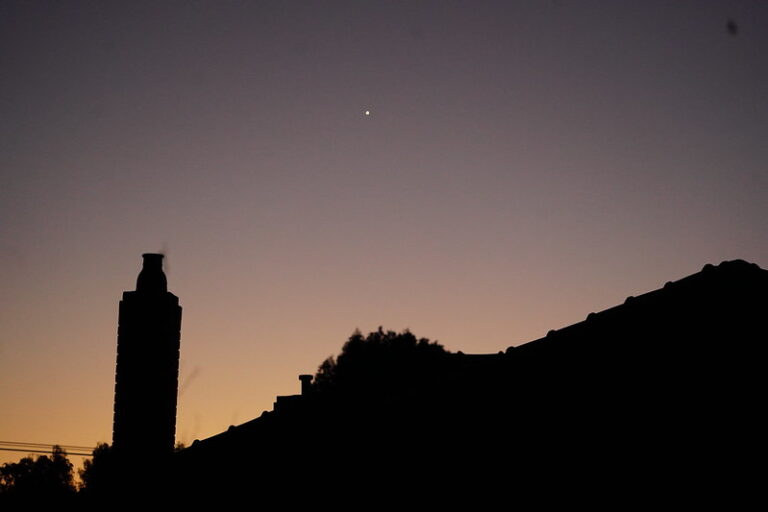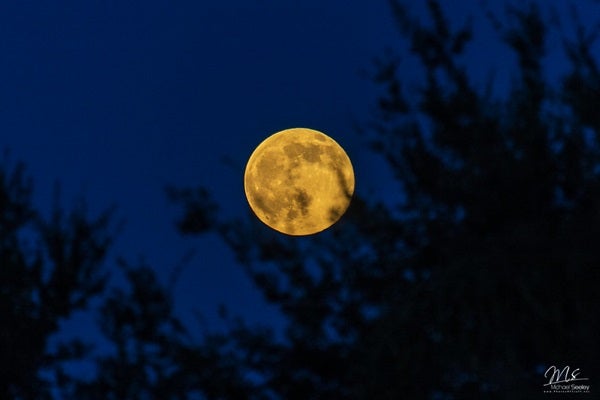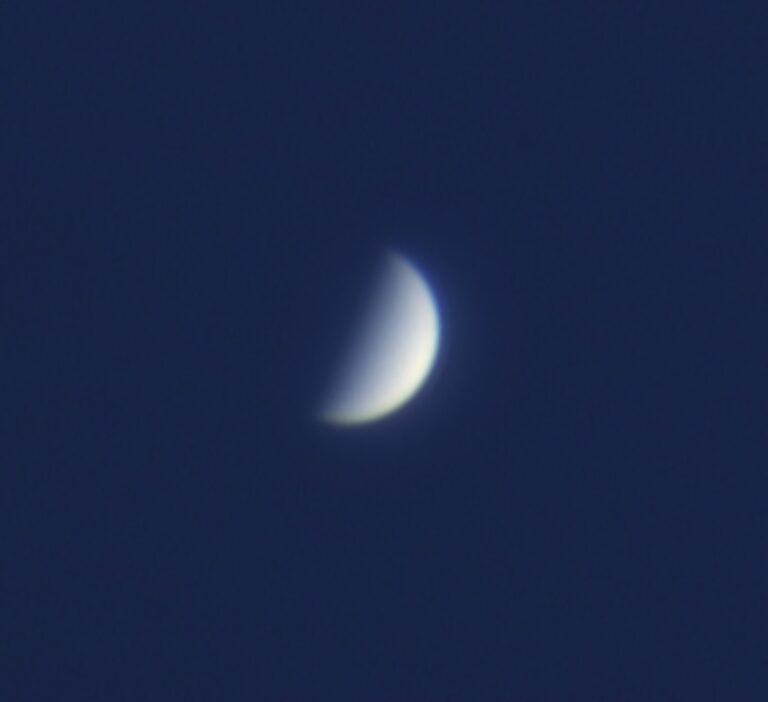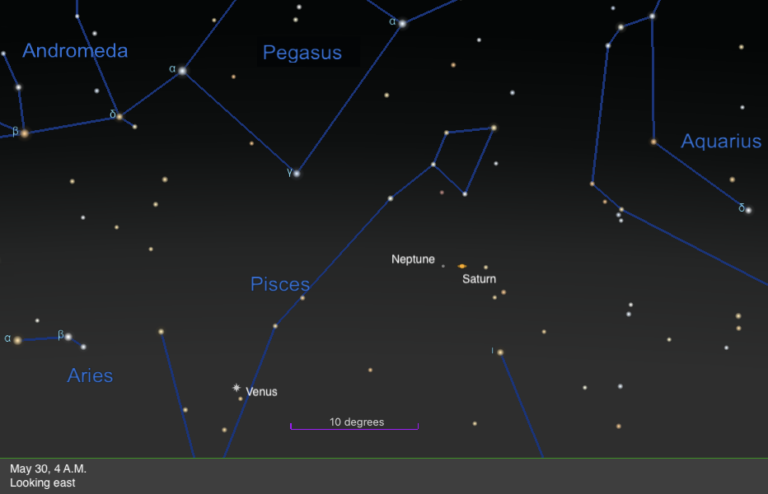Last month, I defined an observatory as nothing more than the place — temporary or permanent — where you set up your telescope for an evening of stargazing. Such a site can be as sophisticated as a state-of-the-art domed structure or as basic as an open spot on a grassy surface. Ideally, it should be situated on your property to eliminate the bother of lugging your scope and gear to a comfortable, remote, and safe setting. But what are your options if you live in an area where backyard astronomy isn’t practical, say in a severely light-polluted urban environment?
Short of moving or acquiring an off-property observing site, a good tactic is to contact your local astronomy club for info on accessible locations nearby. There’s at least one astronomy club in virtually every major metropolis; to find one near you, go to our website, Astronomy.com, hover over the “Community” tab, and click “Groups.” A filtering option allows you to narrow your choices by category or country/state. (Note to astronomy club officers: If your club doesn’t appear on our list, take a few minutes and use the “Add Your Group” button to make sure it’s on the site. Otherwise, you could be losing potential members!) Many metropolitan astronomy clubs have access to observing sites located in the countryside surrounding their cities. Use of such a facility may require club membership, but the typical annual fees range from about $25 to $50 — which is obviously still a lot cheaper than having to purchase land.
Rural stargazers like myself don’t have to struggle with extremely restricted space and excessive ambient light like our city-dwelling counterparts do, but we do deal with plenty of trees. And it doesn’t matter if they’re scrubby pines, stately elms, or concrete skyscrapers, tall objects can obscure anyone’s window to the night sky. That’s why you need to always plan around them — whether you’re in the country or in the asphalt jungle.
For example, the historic Jupiter/Saturn conjunction this past December was bright enough to be seen from midcity locations, yet I couldn’t even glimpse it from my backyard in rural north-central Massachusetts. During the duo’s brief period of visibility after sunset, the planets were hiding behind tall pine trees to the southwest. Fortunately, several days prior to the event, I drove around town until I found an area near a high school athletic field that afforded a wide-open view of the event. And this brings me to my next point: Whatever your open-sky location of choice, be sure to get permission from the landowner if it’s private property or the local authorities if it’s a public space.
But what about catching an astronomical event only visible from a specific area, like a total solar eclipse? Unless you’re lucky enough to live near the region of best visibility, you’ll have no choice but to pack an “observatory-away-from-home” kit, including astro equipment, toiletries, and perhaps even your laptop. Fortunately, total eclipses attract universal attention, and you can sign up for organized eclipse expeditions that secure your ideal observing site and make your travel plans for you.
So, remember: Just because the city lights aren’t conducive to cosmic sights doesn’t mean you have to miss out on the fun. With a little effort and planning, even urban observers can enjoy the night sky.
Questions, comments, or suggestions? Email me at gchaple@hotmail.com. Next month: Hunting the Fox! Clear skies!

